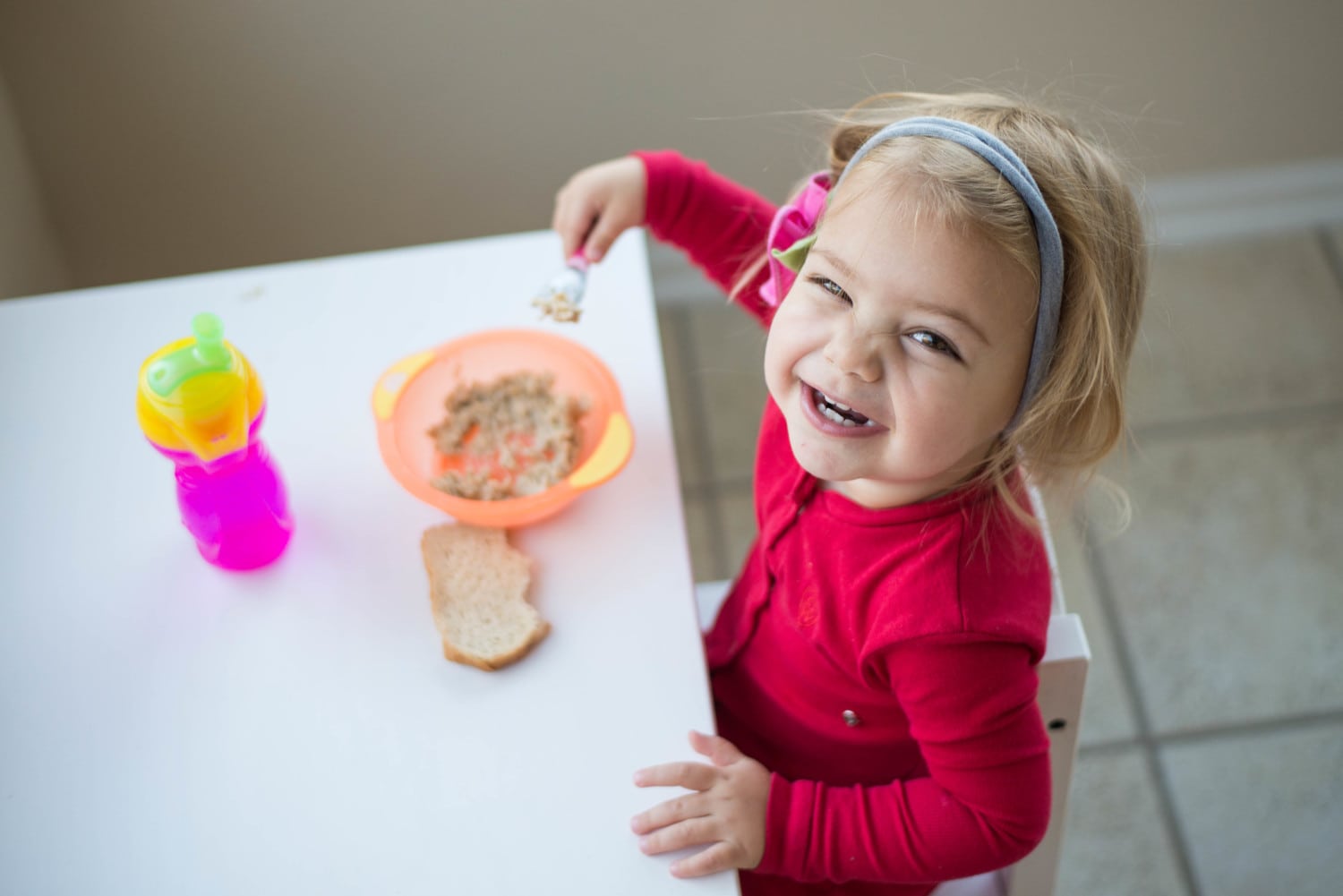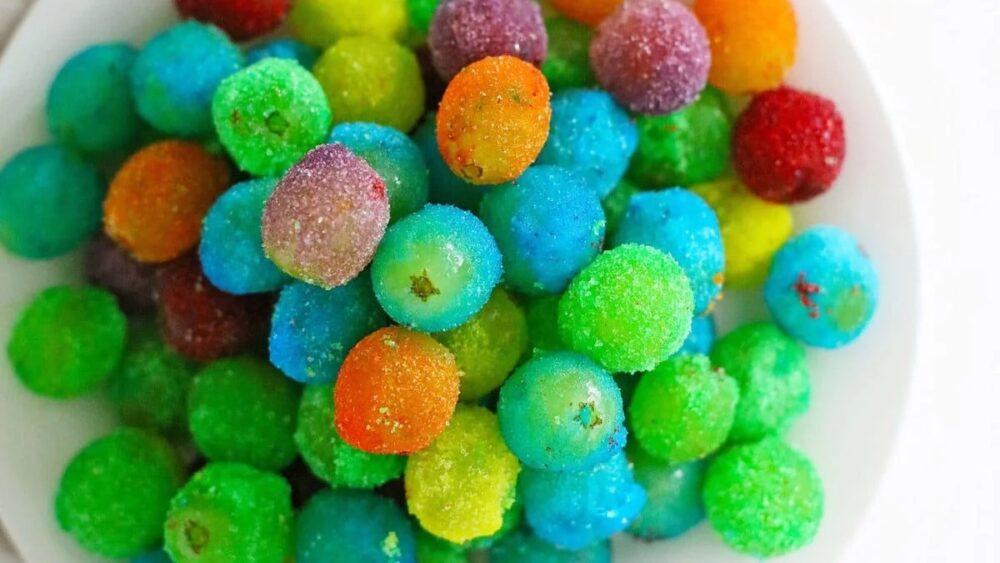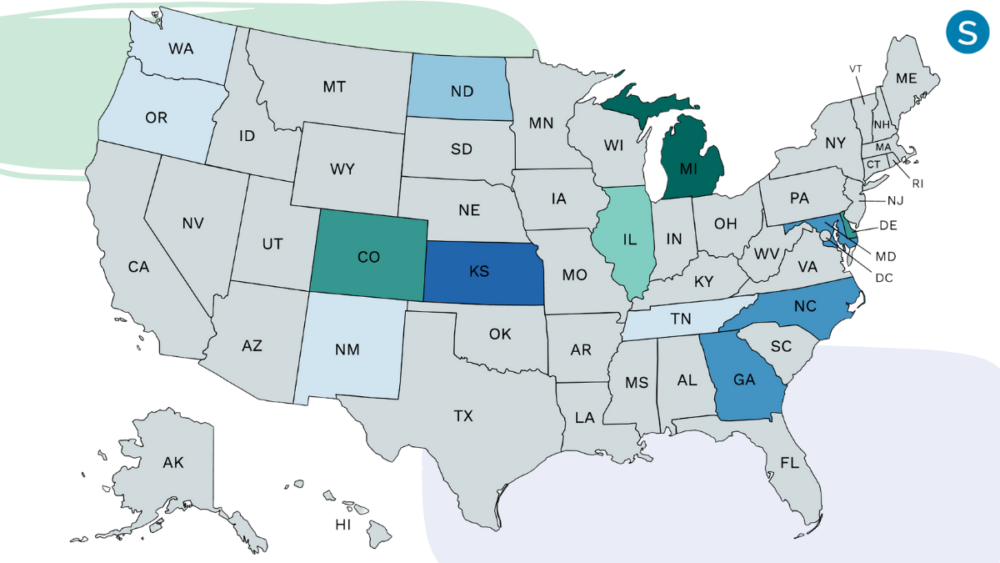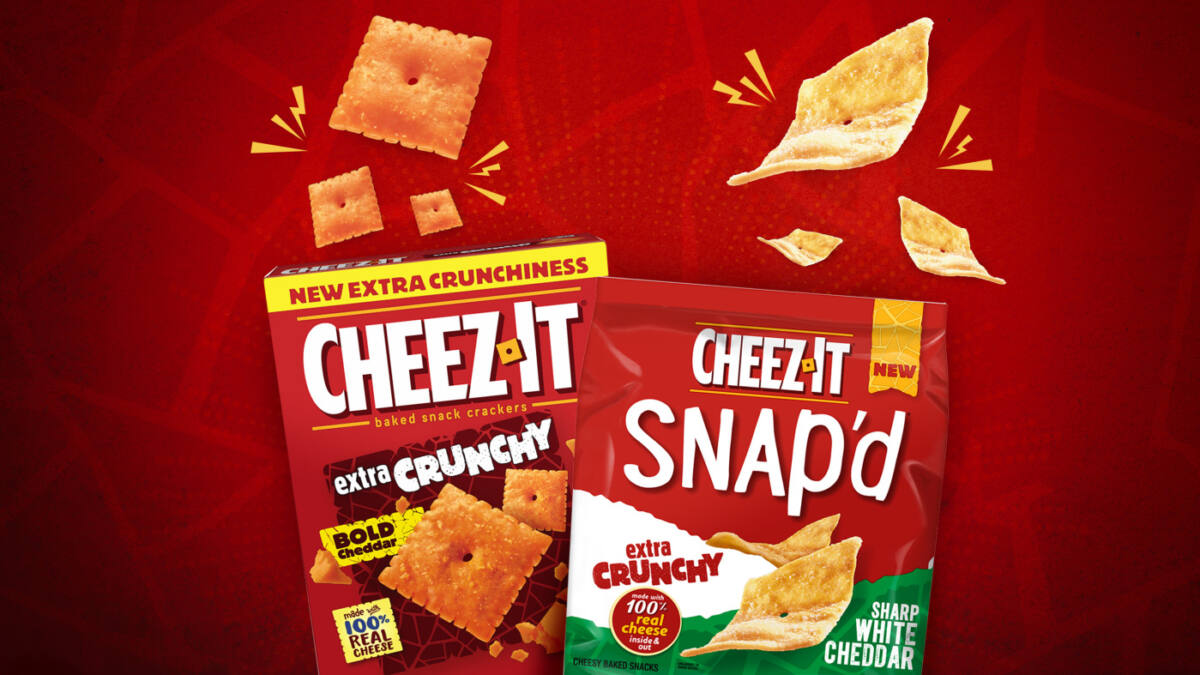Consumer Reports Finds Heavy Metals in Some Baby Food

It’s been a bad week for products you might keep in your kid-friendly food arsenal. Between the news that Cheerios may contain traces of a weed-killer linked to cancer, and now Consumer Reports’ recent findings of heavy metals in popular baby and toddler foods, you might have to re-think your pantry options.
In a report released on Aug. 16, Consumer Reports analyzed 50 nationally-distributed packaged foods made for babies and toddlers in order to check for heavy metals, including cadmium, mercury, inorganic arsenic and lead. The test produced some concerning findings, including:
- “Every product had measurable levels of at least one of these heavy metals: cadmium, inorganic arsenic, or lead.”
- “About two-thirds (68 percent) had worrisome levels of at least one heavy metal.”
- “Fifteen of the foods would pose potential health risks to a child regularly eating just one serving or less per day.”
The study looked at four categories of food: meals and entrées; fruits and vegetables; cereals; and snack foods. Consumer Reports noted that products containing rice and/or sweet potatoes were “particularly likely” to have high levels of heavy metals. Organic packaged baby and toddler foods aren’t in the clear, either: They were just as likely to contain heavy metals as conventional foods.
Consumer Reports said most of the products it analyzed came from the two biggest U.S. baby food manufacturers, Beech-Nut and Gerber. Other brands included were Baby Mum-Mum, Earth’s Best, Ella’s Kitchen, Happy Baby, Parent’s Choice (Walmart store brand), Plum Organics and Sprout.
James Dickerson, Ph.D., chief scientific officer at Consumer Reports, said parents who have been feeding these foods to their children shouldn’t panic. But he also warned that the potential risk is worth noting, especially because ingested small amounts can add up and eventually become harmful.
“Babies and toddlers are particularly vulnerable due to their smaller size and developing brains and organ systems,” James E. Rogers, Ph.D., director of food safety research and testing at Consumer Reports, said about the findings. “They also absorb more of the heavy metals that get into their bodies than adults do.”
As a way of limiting the amount of heavy metals your child consumes, Consumer Reports advised parents to limit the amount of infant rice cereal a child eats, and opt for other cereals, such as those made from whole grains.
Parents can also consider making their own baby food, as well as purchasing the 16 products from the study that “had less concerning levels of the heavy metals.”
Here are three easy recipes you can make at home:
A full list of the tested products and corresponding results can be found on the Consumer Reports site.







